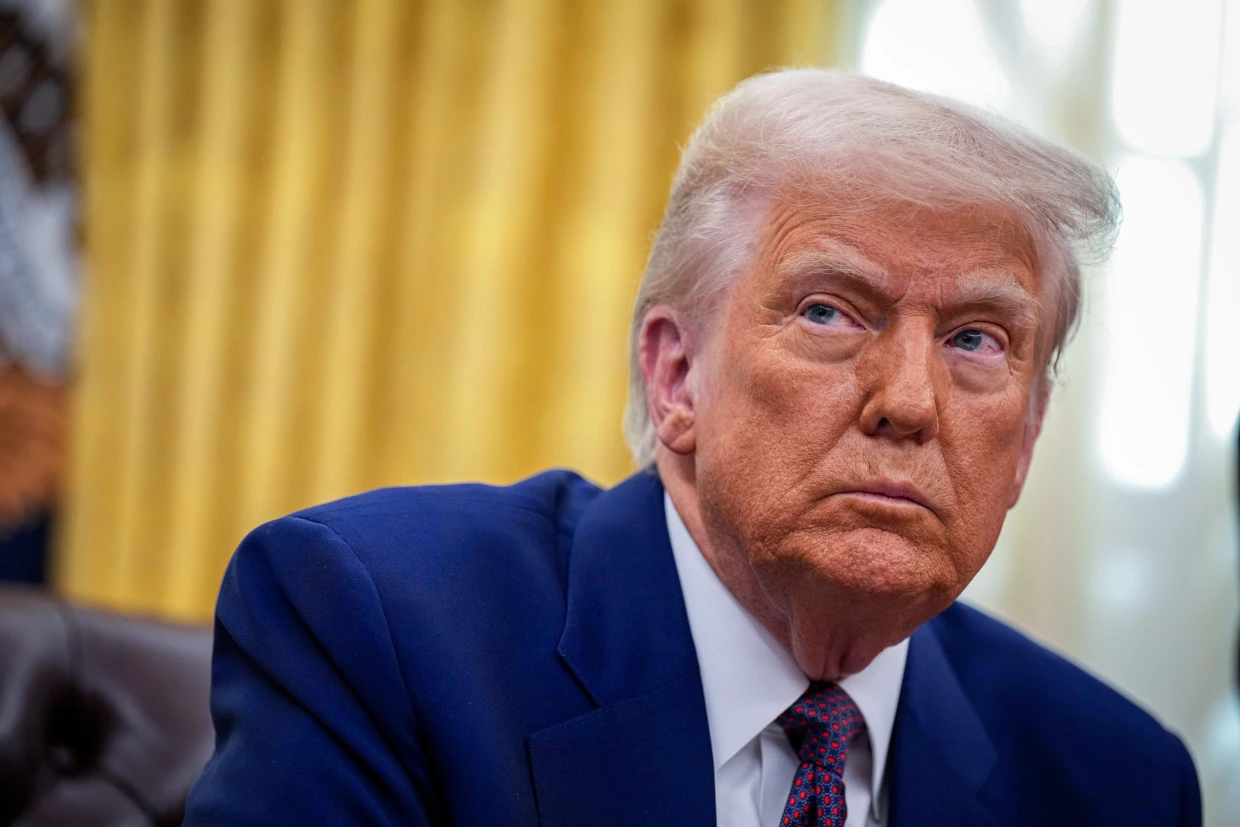Trump Reinstates and Expands Travel Ban: 12 Nations Fully Barred, 7 Face New Restrictions
In a sweeping move that echoes his first-term immigration policies, President Donald Trump has signed a new executive order barring citizens from 12 countries from entering the United States and imposing partial restrictions on travelers from seven additional nations.

Full Travel Ban: 12 Countries Affected
Effective June 9, 2025, the U.S. will fully suspend entry for nationals—both immigrants and nonimmigrants—from the following countries:
-
Afghanistan
-
Burma (Myanmar)
-
Chad
-
Republic of the Congo
-
Equatorial Guinea
-
Eritrea
-
Haiti
-
Iran
-
Libya
-
Somalia
-
Sudan
-
Yemen
The administration cited national security concerns, including inadequate identity management, insufficient information-sharing, and high visa overstay rates, as justification for the bans.
Partial Restrictions: 7 Countries Targeted
In addition to the full bans, the order imposes partial restrictions on nationals from seven countries:
-
Burundi
-
Cuba
-
Laos
-
Sierra Leone
-
Togo
-
Turkmenistan
-
Venezuela
These restrictions limit certain visa categories, such as immigrant and tourist visas, while allowing for some temporary work and student visas under enhanced scrutiny.
Justification and Context
President Trump framed the directive as a necessary measure to protect U.S. national security, particularly in the wake of a recent antisemitic attack in Boulder, Colorado, carried out by an Egyptian national with an expired visa. Although Egypt is not among the countries listed, the incident has been cited as a catalyst for the renewed focus on immigration controls.
The administration also pointed to high visa overstay rates and inadequate cooperation from certain countries in accepting deported nationals as contributing factors.
Exemptions and Review Process
The order includes exemptions for lawful U.S. residents, individuals with valid visas, and athletes participating in major international sporting events. The administration has indicated that the list of affected countries may be revised based on improvements in security protocols and information-sharing practices.
Reactions and Criticism
The renewed travel bans have drawn sharp criticism from civil rights organizations, immigration advocates, and some lawmakers. Representative Pramila Jayapal condemned the policy as discriminatory and harmful to immigrant communities and the U.S. economy.
Humanitarian groups have expressed concern over the impact on vulnerable populations, such as Afghans who assisted U.S. forces and Haitians fleeing political instability. Legal challenges to the executive order are anticipated, with opponents arguing that it unfairly targets predominantly Muslim and conflict-affected nations.
Historical Context
This executive order marks a continuation and expansion of travel restrictions implemented during Trump’s first term, which were partially upheld by the Supreme Court in 2018 but later rescinded by President Joe Biden in 2021. The current directive reflects the administration’s ongoing efforts to tighten immigration controls and address perceived security threats.
As the policy takes effect, its implications for international relations, immigration patterns, and domestic communities will be closely monitored.


Comments are closed, but trackbacks and pingbacks are open.